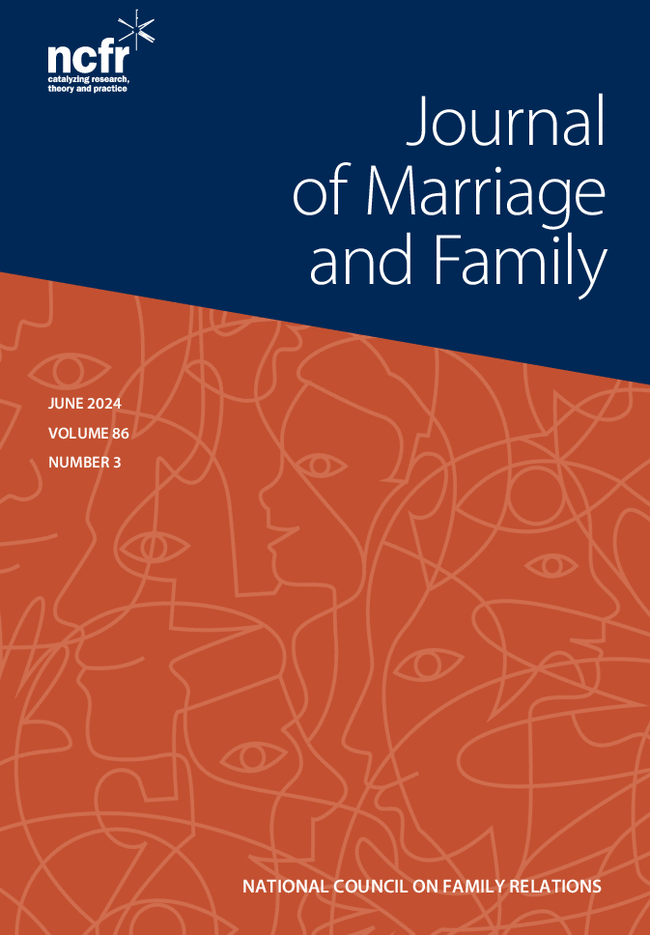Gender-Role Attitudes and Marriage Desires Among Never-Married Adults in South Korea
Abstract
Objective
Complementing existing economic and structural explanations of trends toward later and less marriage in Korea, this study focuses on the part played by gender-role attitudes in shaping never-married adults' marriage desires, which, in turn, are likely to affect their marriage behavior.
Background
The persistent characteristic of marriage in Korea as a package requiring multiple family roles and obligations may conflict with the changing gender-role attitudes that have been facilitated by women's educational expansion and labor force participation. This inconsistency may impact never-married adults' desire to marry.
Method
We analyzed data from a recent online survey that asked unmarried Korean men and women aged 25–49 about their desires for marriage and attitudes toward gender roles. Using factor analysis and ordered logit regression, we examined the association between gender-role attitudes and marriage desires among never-married adults.
Results
Factor analysis identified two distinct dimensions underlying gender-role attitudes among never-married Korean adults: (1) attitudes toward the primacy of the breadwinner role for men and (2) attitudes toward the incongruency of work and family for women. We found that gender-role attitudes were significantly associated with marriage desires for women but not for men.
Conclusion
The stronger relevance of gender-role attitudes for women's marriage desires is consistent with the salience of the marriage package for Korean women. We discuss the implications of our findings for the continued decline in marriage rates in Korea.


 求助内容:
求助内容: 应助结果提醒方式:
应助结果提醒方式:


